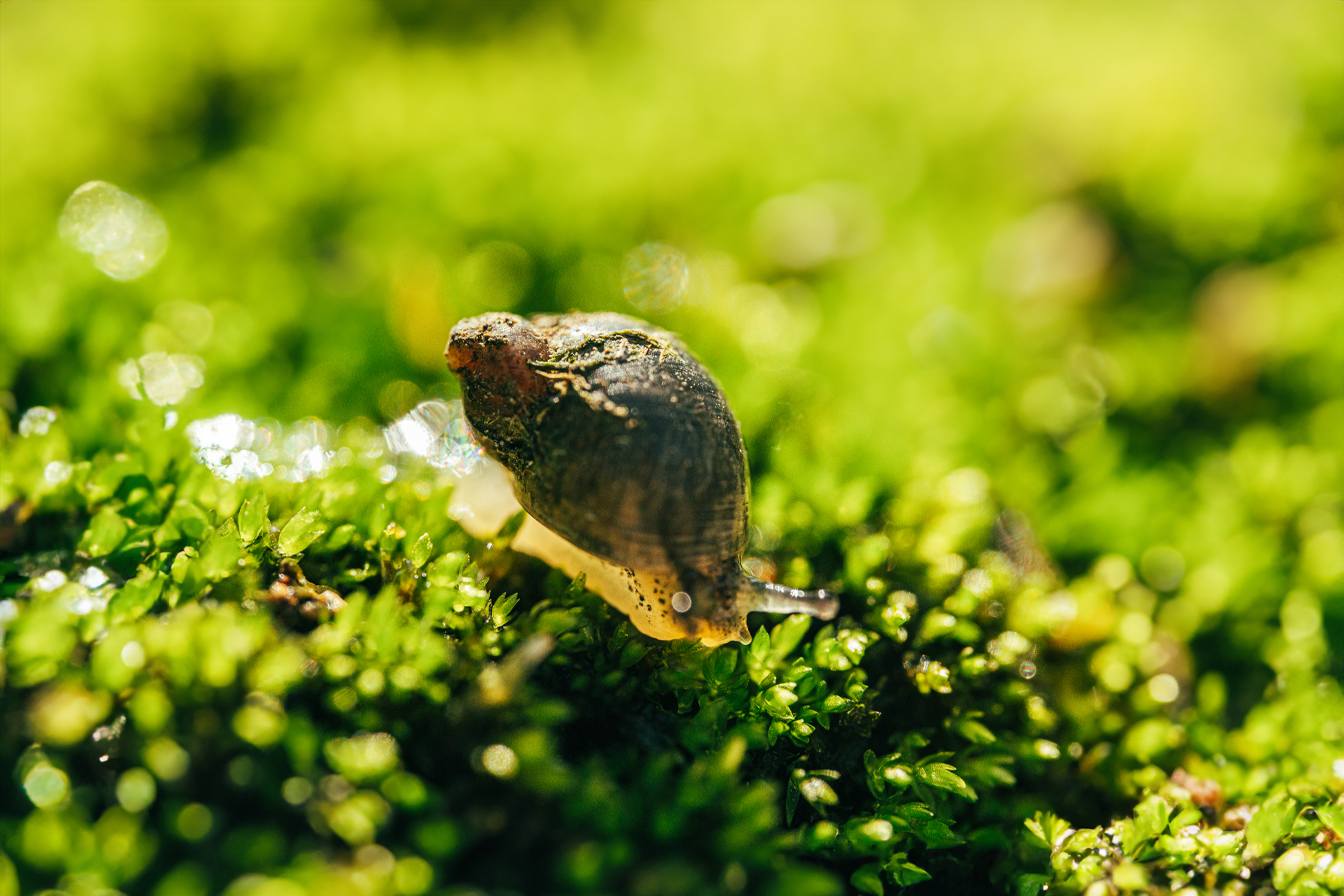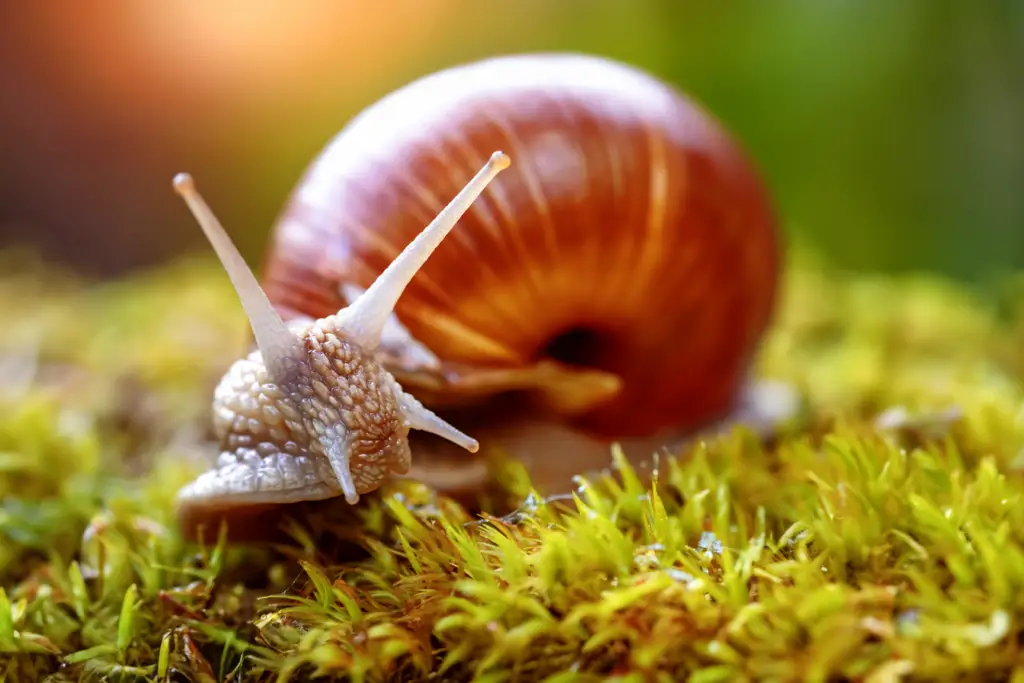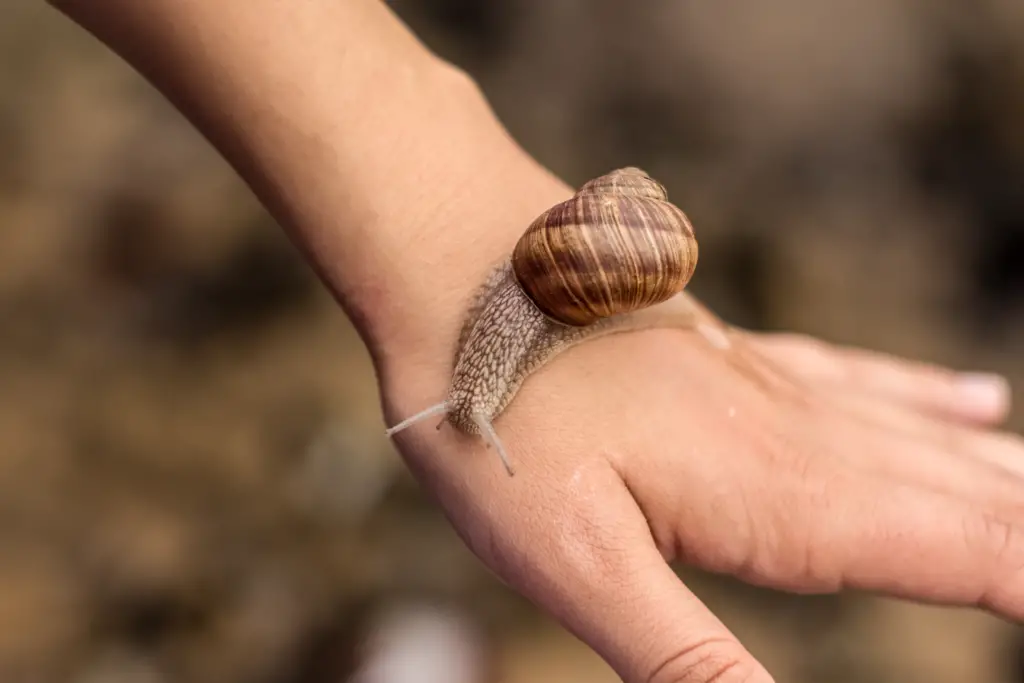
If you’ve ventured into the realm of aquarium keeping, you’ll likely know that keeping your tank clean is an ongoing challenge. You might find yourself wondering if those gently gliding snails could be both a pleasant addition to your setup and a maintenance helper. Indeed, many snails are known for their culinary palate for algae, which makes them natural cleaners of aquarium glass, decorations, and plants.
When considering introducing snails to your aquarium as algae eaters, it’s essential to choose the right type. Not every snail species enjoys algae, but there are several that relish it and will spend their days tirelessly munching away at these green intruders. Among the known algae lovers are nerite snails, which boast a sharp tooth for scraping off even the stubborn kinds of algae, and turbo snails, with a preference for various algae forms.
Keep in mind that while snails can significantly reduce algae, they also have other needs, like any aquarium inhabitant, and it’s important to know their dietary preferences and requirements. Moreover, some snails, such as the rabbit snail, can grow quite large and have particular habitat needs. Thus, a careful selection based on your specific aquarium conditions and the characteristics of the snail species will ensure a healthy, thriving community, where your snails happily aid in the combat against unwanted algae.
Understanding Algae
In the ecosystems of freshwater tanks and ponds, algae play a crucial role, and your snails might just be the allies you need in managing its growth. Let’s learn about the algae they eat and the conditions that affect algae growth.
Types of Algae Snails Eat
Snails are not indiscriminate in their algae consumption; they have preferences. Common types of algae you’ll find in an aquarium, such as green spot algae, brown algae, and hair algae, are often on the menu for snails. Mystery snails, in particular, are recognized for their appetite for various algae types, but they may avoid some like black beard algae. For a robust clean-up crew, consider snails like nerite snails, which are famed for their efficiency in algae removal.
- Green Spot Algae: Often hard and seen in spots, typically eaten by nerite snails.
- Brown Algae: Usually a beginner’s nuisance, softer and is readily eaten by many snails.
- Hair Algae: Stringy and can overtake environments, selectively eaten by some snail species.
Algae Growth Conditions
The growth of algae is influenced by various factors within your tank’s environment. Parameters such as water temperature, pH level, and hardness can significantly affect how algae prosper. For instance, mystery snails have an optimal temperature range between 68°F and 82°F for eating algae. Lighting
Snail Species and Algae Preferences
Your aquarium’s cleanliness can be significantly impacted by the type of snails you introduce. Different snail species have varying preferences for algae and will affect the types of algae that grow in your tank.
Common Algae-Eating Snails
- Nerite Snails: These snails are champions at tackling green algae and are known for their non-invasive breeding in freshwater. They won’t overpopulate your tank.
- Mystery Snails: Thriving on a variety of algae types, Mystery snails are a popular choice. They manage green spot and hair algae but may leave black beard algae alone.
Snail Feeding Behaviors
- Selective Feeding: Snails can be picky with algae types, so if you have a specific problem algae, you’ll need a snail that prefers to munch on that kind.
- Complementary Dietary Needs: Some snails require additional food sources like algae wafers or blanched vegetables to stay healthy and active in cleaning your tank.
Benefits of Snails in Aquatic Ecosystems
Snails offer a range of benefits in maintaining healthy aquatic environments. They play an essential role in algae control and help balance the aquarium’s ecosystem.
Algae Control
One of the key roles you’ll appreciate about snails is their effectiveness in algae control. By grazing on algae, snails work to prevent algae overgrowth, which can be unsightly and harmful to aquatic life. Studies have indicated that certain species, like the ones found in aquaponics systems, can reduce nuisance algae significantly.
Aquarium Health and Balance
Snails contribute to the overall health and balance of your aquarium by engaging in nutrient cycling. While they feed on algae and decaying matter, they also recycle nutrients back into the environment, which is beneficial for plants and other aquarium inhabitants. Their low maintenance nature makes them a great addition to your aquarium ecosystem, as detailed in The Role of Snails in Algae Control.
Frequently Asked Questions
In this section, we explore some common questions about snails and their relationship with algae. You’ll find answers that can help you understand how snails can be an integral part of maintaining your aquarium’s health.
Which freshwater snails are known for eating algae?
Freshwater snails like Nerite snails, Mystery snails, Ramshorn snails, and Malaysian Trumpet Snails are efficient algae eaters in aquariums.
Can snails thrive on algae in a saltwater tank environment?
Yes, some snails, particularly algae-eating snails, can thrive in saltwater tanks by consuming algae. Turbo snails, for instance, are a popular choice for saltwater aquarists.
How effective are snails at keeping fish tank glass free from algae?
Snails can be quite effective at maintaining clear tank glass, as they graze on the algae that accumulates. Regular maintenance and the right number of snails will ensure minimal algae buildup.
Do pond snails contribute to controlling algae growth?
Pond snails do feed on algae and can contribute to controlling its growth, thus playing a beneficial role in pond ecosystems.
Is it necessary to have an algae eater even when there are snails present in the tank?
While snails can help with algae control, having an algae eater like certain fish species may enhance overall cleanliness and balance in the tank.
What role do snails play in maintaining a clean aquarium ecosystem?
Snails help by consuming waste, uneaten food, and algae, therefore playing a critical role in the process of cleaning and maintaining an aquarium’s ecosystem.
Driven by a passion for those tiny creatures that rule our world, we at Bug Domain strive to be your go-to resource for information on insects.



